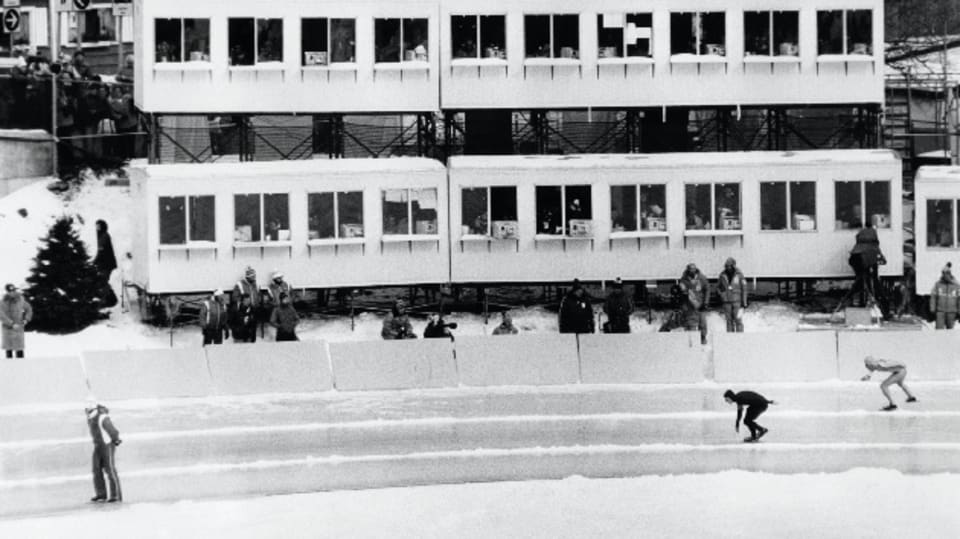
The Netherlands was famed for its excellence in the sport, and since the 1960s the country’s training system had produced a string of gold and silver medallists such as Christina Baas-Kaiser and Carolina Geijssen. At the 1972 Winter Games in Sapporo, Dutch skaters finished second, third and fourth in the 1,500m; and the winner, Dianne Holum of the USA, was trained by a Dutch coach!
But the Netherlands speed skating squad that travelled to Lake Placid in 1980 was riven by in-fighting and squabbling. Medals were by no means assured. What was certain was that no one fancied Borckink, a nursing home nurse, to cause any upsets in the 1,500m – not least because she had earlier finished 21st in the 500m race.
In fact, she was regarded as a has-been. She had never won a championship and her best placing in the 1,500m at international level was fourth. The summer before Lake Placid she broke her ankle so badly she had to wear a cast, and at one point feared she might have to retire from competitive sport.
She almost didn’t make it to the 1980 Games, after a poor showing in the preceding World Championships – but coach Dick de Vroomen picked her all the same.
Aged 28, she was the oldest competitor in the field in Lake Placid. And all eyes – particularly those of the media – were trained on Beth Heiden, sister of American speed skating hero Eric, who would go on sweep the board in the men’s competition and collect an unprecedented five gold medals.
The 1,500m was to be a fast race. The slick surface of the brand new 400m refrigerated speed skating oval meant a staggering 19 of the 30 racers beat the former Olympic record of 2:16.58 set by Galina Stepanskaya of the Soviet Union four years earlier in Innsbruck.
By the end of the race Borckink and her team-mate Ria Visser, an 18-year-old student, had rewritten Dutch Olympic history by claiming the gold and silver medals in the contest. Borckink had never won a major race in her career, but slashed an incredible five seconds off the old mark with a time of 2:10.95.
“She had a later start training – maybe that’s her secret,” Dick de Vroomen joked with reporters. Whatever inspired Borckink that day, it was the race of her life, and a feat never to be repeated.
The surprise gold medal also earned her the Dutch female athlete of the year award in 1980. She retired soon afterwards and now runs a sporting goods business in Dronten.
